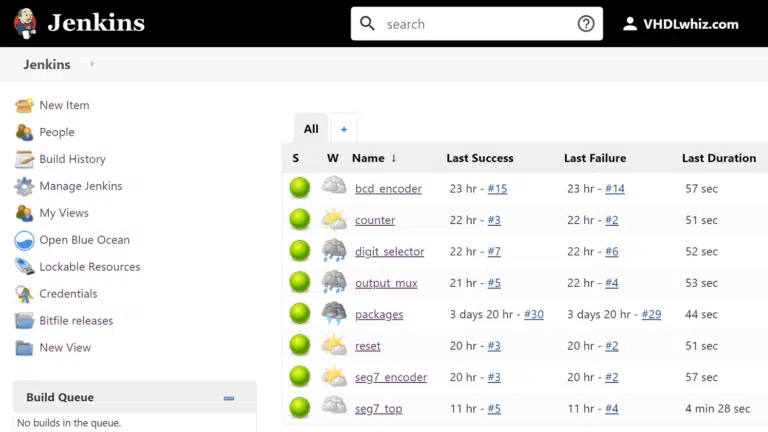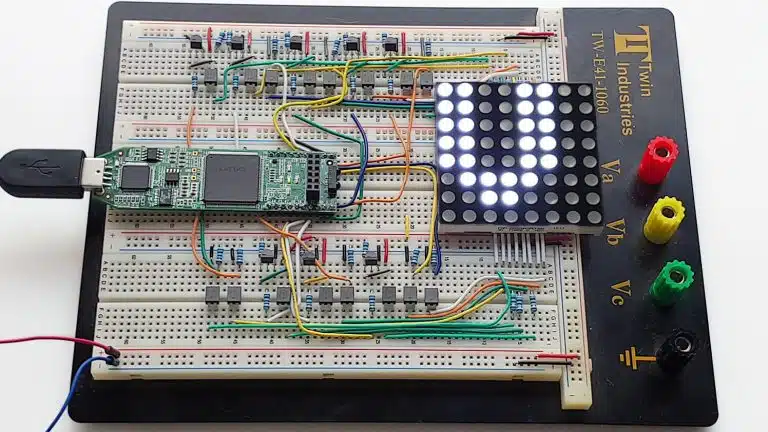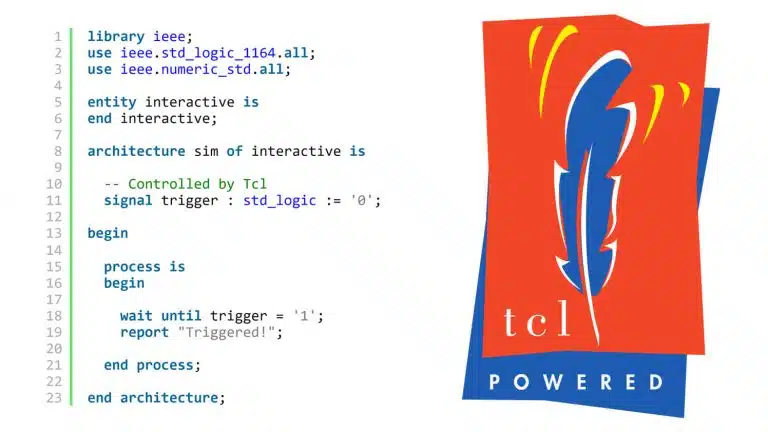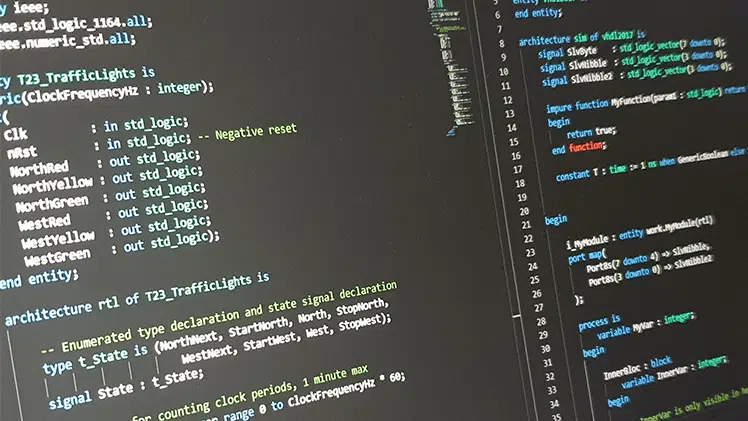Formal verification in VHDL using PSL
When designing VHDL for safety-critical FPGA applications, it’s not enough to write testbenches at best-effort. You have to present proof that the module works as intended and without undesirable side-effects. Formal verification techniques can help you map a requirement to a test, proving that your VHDL module conforms to the specification. It’s an instrumental tool…








